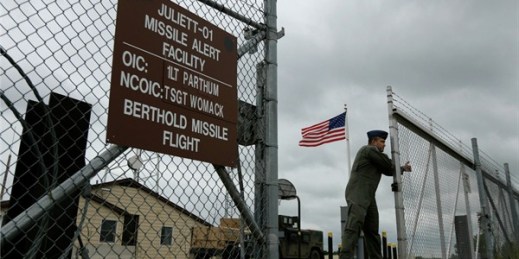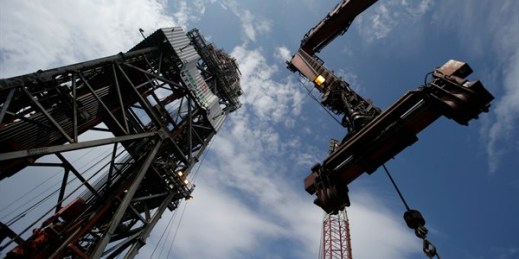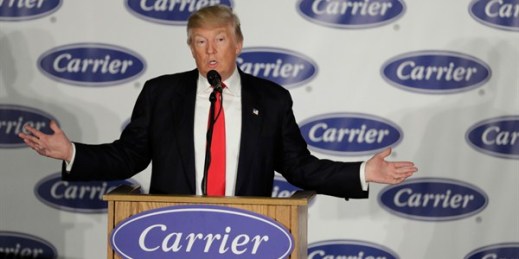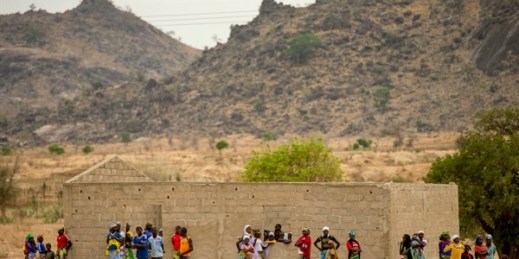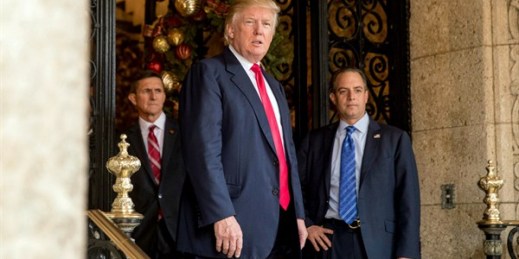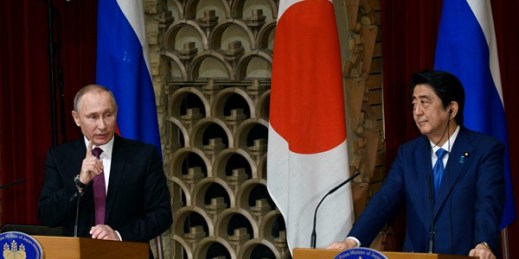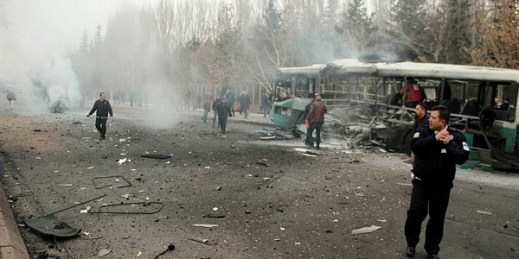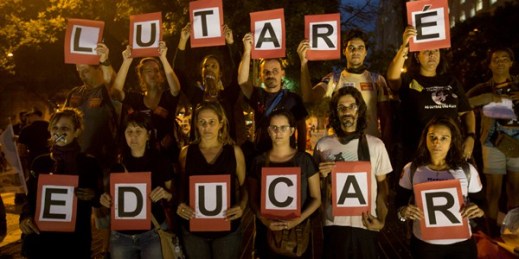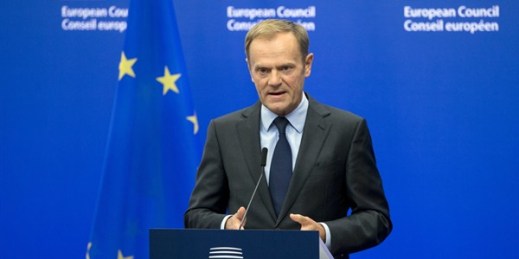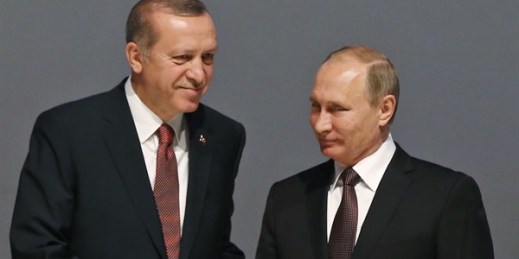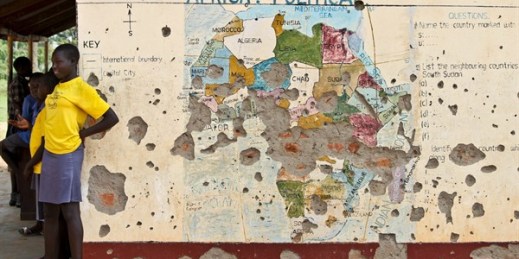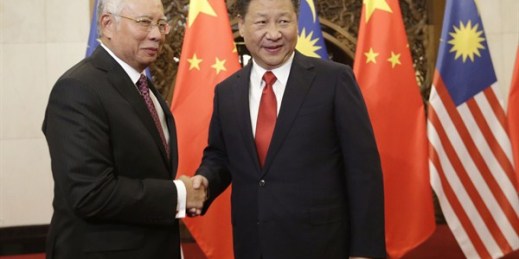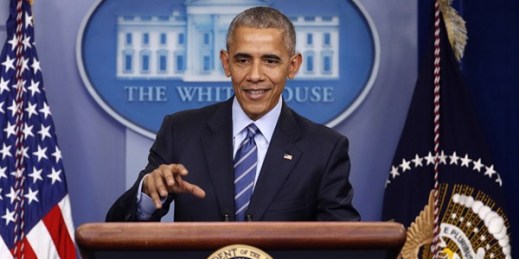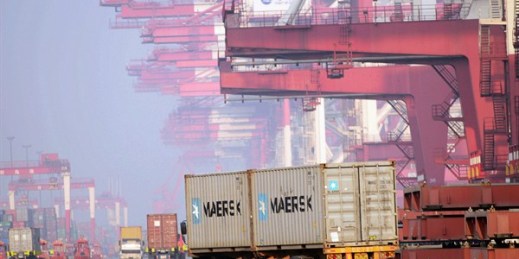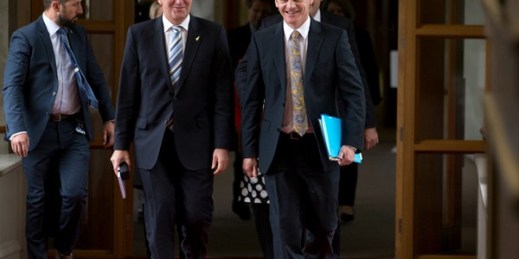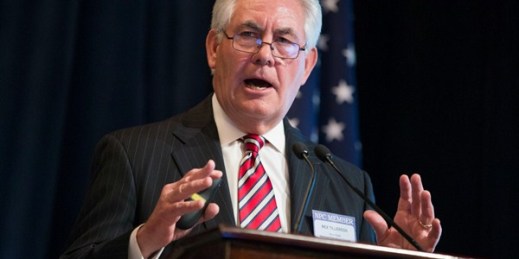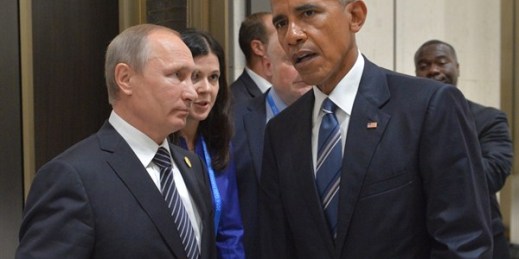
In this week’s Trend Lines podcast, WPR’s editor-in-chief, Judah Grunstein, senior editor, Frederick Deknatel, and associate editors, Maria Savel and Karina Piser, discuss the biggest events of 2016, including the rise of populism, China’s growing assertiveness in the South China Sea, and the election of Donald Trump. Listen:Download: MP3Subscribe: iTunes | RSS Relevant Articles on WPR: Donald Trump and the Global Rise of Populism The Danger of Overreacting to Terrorism—and How to Resist It The EU Tries, Tries and Tries Again to Address the Migrant and Refugee Crisis Putin’s Attritional Diplomacy Leaves the West Permanently Off Balance The Economy Is […]

